When the world as we know it comes crashing down, money might become worthless, but skills will be invaluable. I’ve seen firsthand how having the right abilities can make all the difference in a crisis. Whether it’s a natural disaster, economic collapse, or something worse, being able to offer valuable skills can keep you and your loved ones alive and thriving. In my experience, these 16 skills are the most crucial for trading in a post-SHTF world. They’re not just theoretical – I’ve used many of these myself in tough situations.
Medical Knowledge
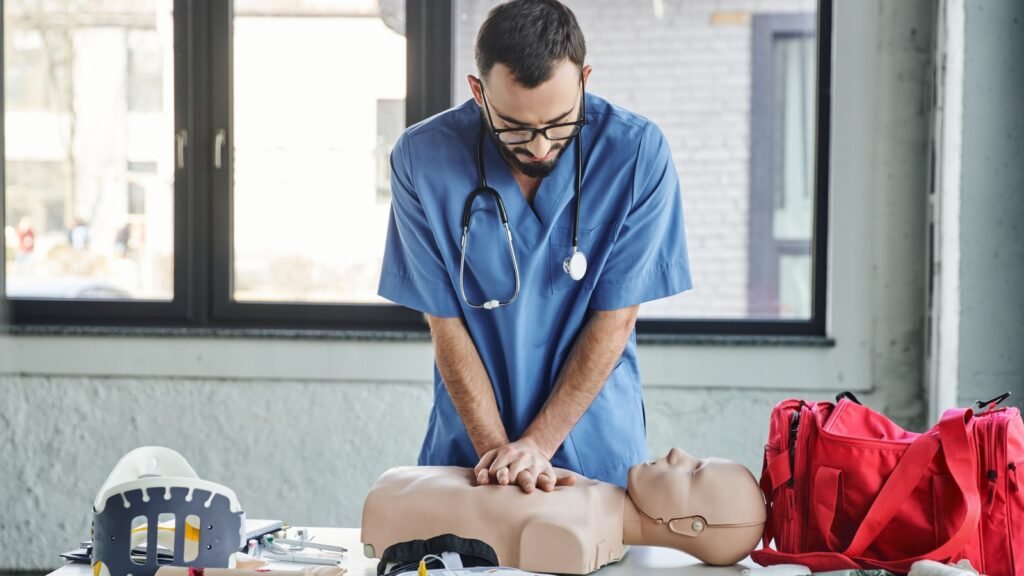
I can’t stress enough how important medical skills are in a crisis. From basic first aid to more advanced procedures, having the ability to treat injuries and illnesses can literally save lives. I’ve seen people trade everything they have for medical care. Learn how to suture wounds, set broken bones, and recognize common illnesses. Even knowing how to safely deliver a baby can be a game-changer. Trust me, in a world without hospitals, you’ll be worth your weight in gold.
Hunting and Trapping

When the grocery stores are empty, knowing how to put food on the table becomes crucial. I’ve fed my family for weeks using nothing but snares and a good hunting rifle. Learn to track animals, set traps, and process your kills. Understanding animal behavior and habitats is key. And don’t forget about fishing – it’s often overlooked but can be a reliable food source.
Gardening and Agriculture
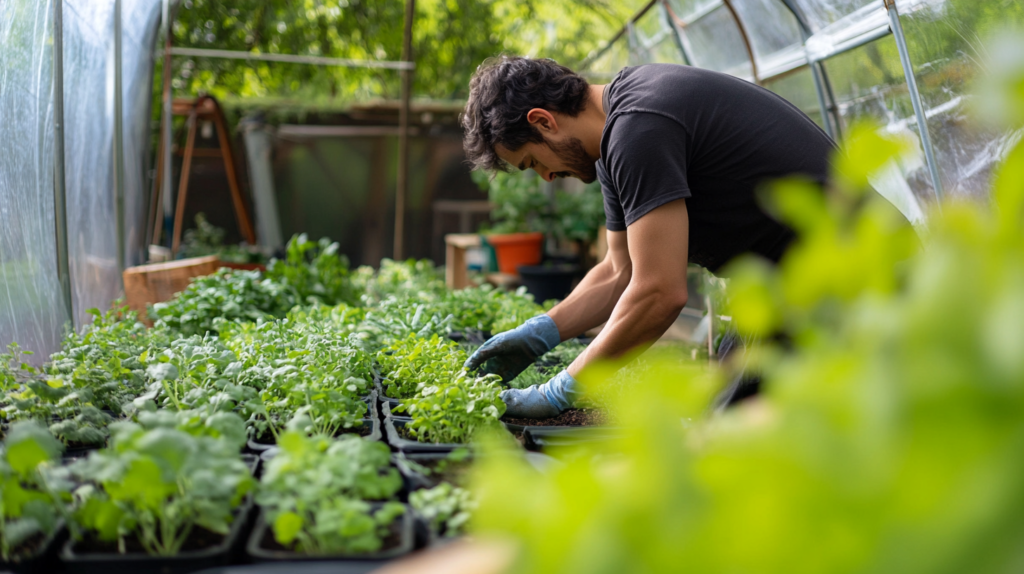
Growing your own food is a skill that will never go out of style. Our homestead includes a thriving, productive garden, supplying us with food and enough surplus to sell and preserve some year-round. Learn about crop rotation, companion planting, and how to save seeds. Understanding soil health and natural pest control is crucial. In a long-term SHTF scenario, your ability to consistently produce food will make you invaluable to any community.
Water Purification

Clean water is life, plain and simple. I’ve seen whole communities brought to their knees by waterborne illnesses. Knowing how to purify water using various methods – boiling, filtration, chemical treatment – is essential. Learn to build simple filtration systems using sand and charcoal. Understanding how to harvest rainwater safely can also be a game-changer in dry areas.
Mechanical Repair
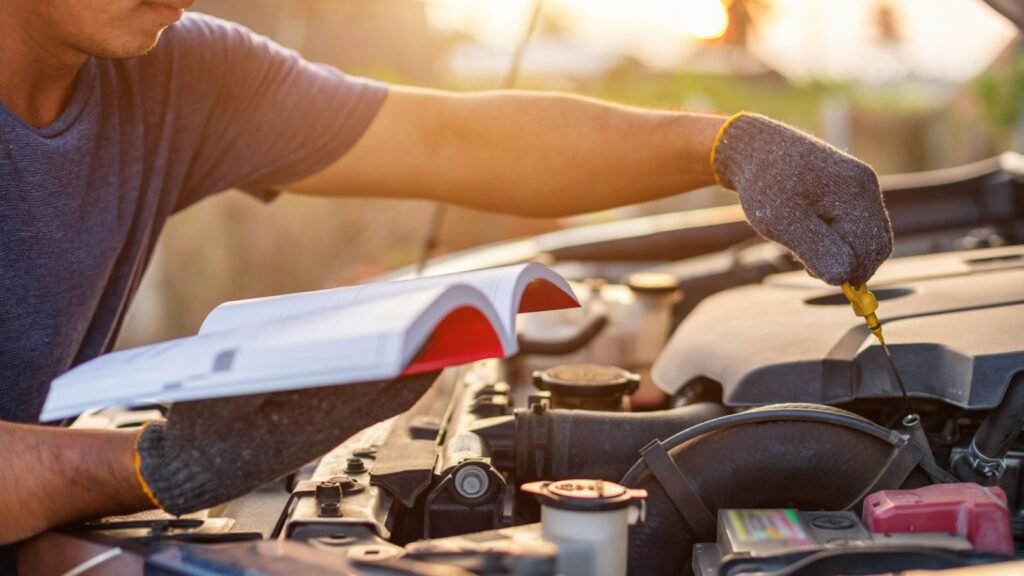
In a world without new parts or professional mechanics, being able to fix things becomes incredibly valuable. I’ve kept old generators and vehicles running long past their expiration date with some know-how and improvisation. Learn basic engine repair, how to change oil, and fix common mechanical issues. Understanding how to repurpose parts from one machine to another can be incredibly useful.
Carpentry and Construction
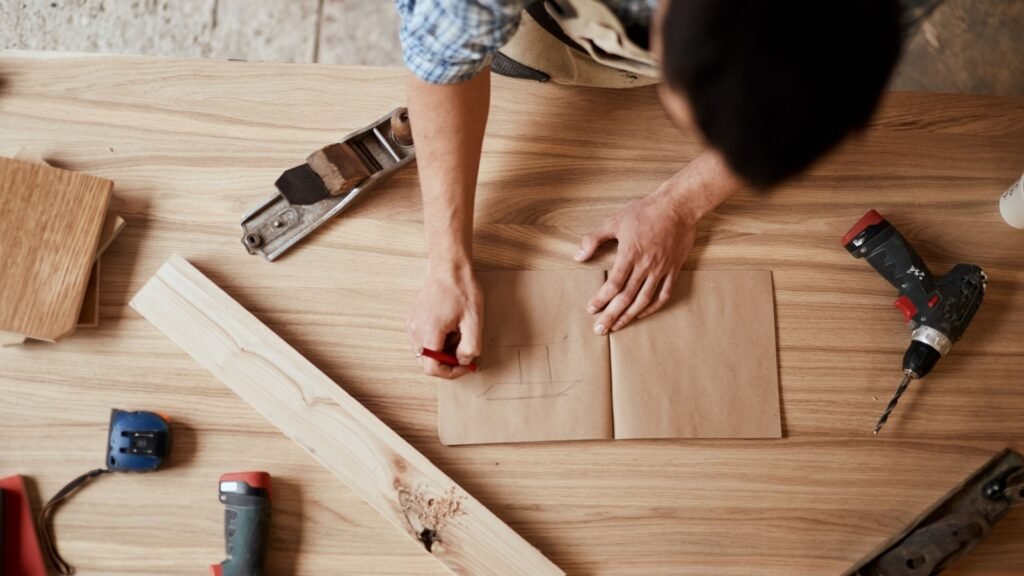
Building and repairing structures will always be in demand. I’ve traded my carpentry skills within my local community pretty regularly. Learn how to frame a building, repair roofs, and work with various materials. Understanding basic plumbing and electrical work is also invaluable. In a post-SHTF world, safe and sturdy shelter will be a top priority for everyone.
Food Preservation
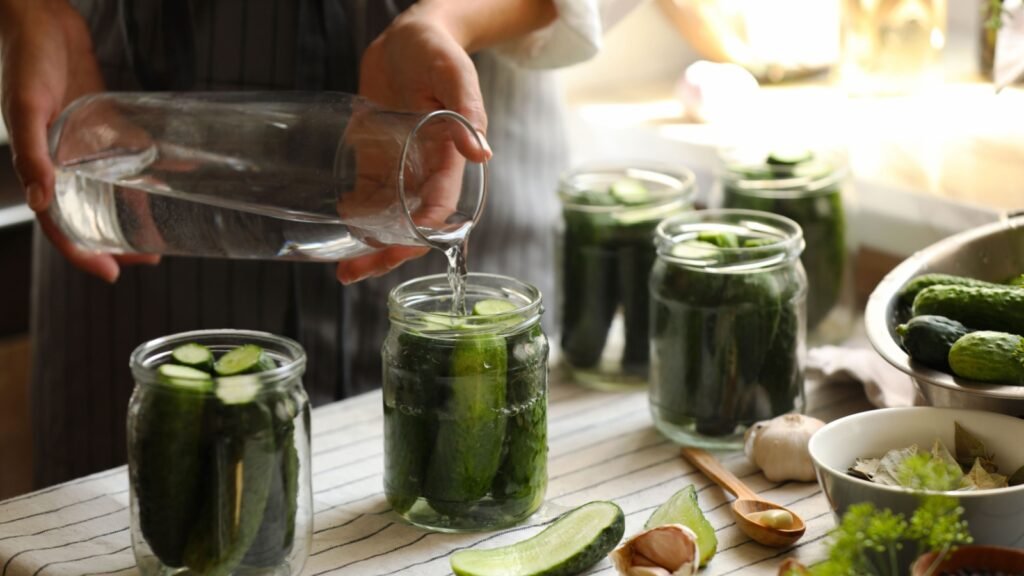
Knowing how to preserve food can mean the difference between feast and famine. We keep our family fed through long winters using various preservation methods to make the most of our produce and reduce our reliance on the grocery store. Learn canning, smoking, drying, and fermenting techniques. Remember, you may not have reliable refrigeration in a crisis scenario. Plus, preserved food is a valuable commodity in such a situation.
Blacksmithing and Metalworking
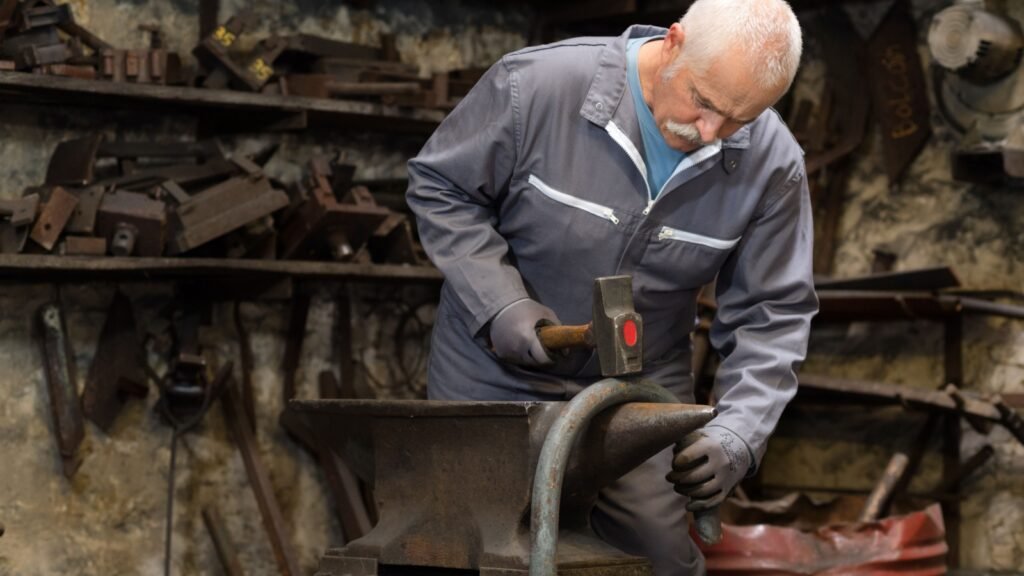
In a world without factories, the ability to work metal becomes incredibly valuable. I’ve repaired crucial tools and even made new ones from scrap. Learn basic forging techniques, how to make simple tools, and repair metal objects. Understanding welding, even rudimentary stick welding, can be incredibly useful. In a post-SHTF world, the blacksmith will be a cornerstone of any community.
Herbal Medicine

When modern pharmaceuticals run out, knowledge of herbal remedies will be priceless. My wife is a master herbalist who has used plants we’ve grown or foraged to treat all kinds of simple ailments. She also makes sure to include plenty of medicinal herbs and plants in our growing plans each year so we’ve always got a steady supply. Learn to identify medicinal plants in your area, how to prepare them, and what ailments they can treat. This skill can complement more traditional medical knowledge.
Sewing and Textile Work
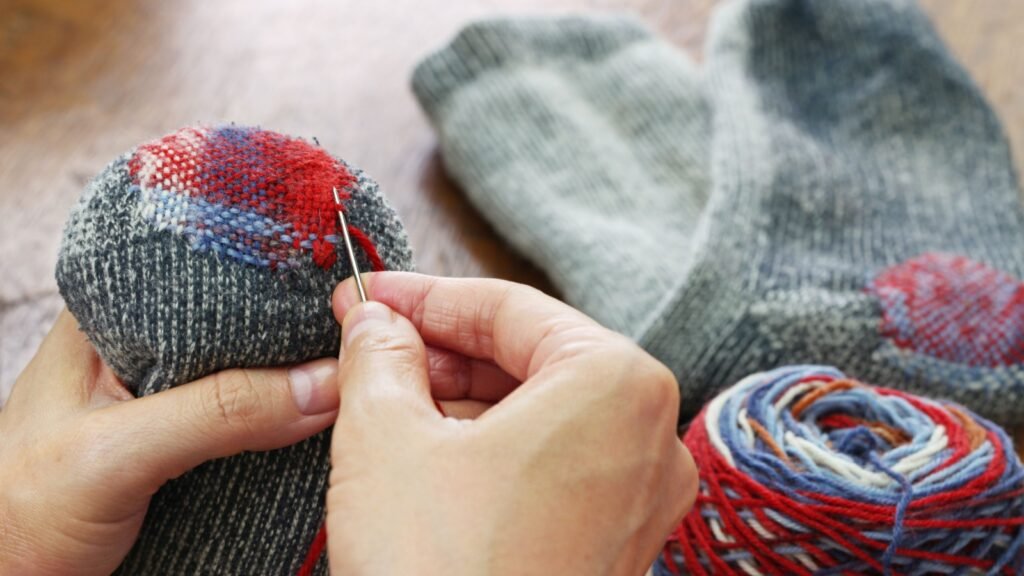
The ability to make and repair clothing will always be needed. I’ve seen people trade valuable goods for simple clothing repairs. Learn to sew by hand and with a machine if possible. Understanding how to make patterns, repurpose old clothing, and work with different fabrics is valuable. In a long-term SHTF scenario, being able to produce textiles from raw materials like wool or cotton would make you an invaluable community member.
Soap and Candle Making

Hygiene and light are often overlooked in survival scenarios, but they’re crucial for long-term survival. Learn to make soap using both modern and traditional methods. Understanding how to render fat for candles and create wicks is important. In a long-term scenario, old world supplies will run out rapidly, so being skilled in creating these kinds of consumables is smart.
Animal Husbandry
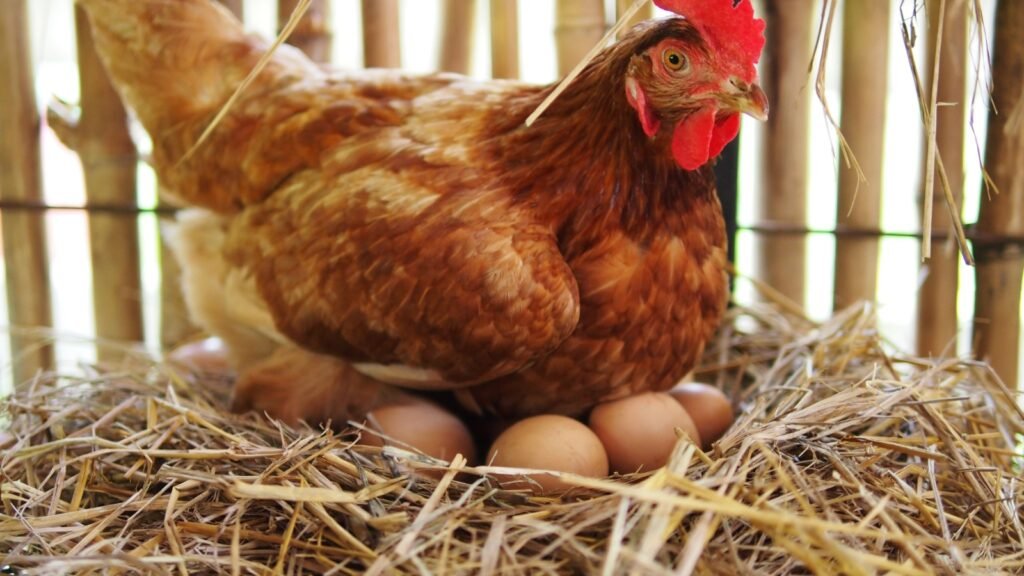
Raising and caring for animals can provide a consistent source of food and other products. Learn about animal nutrition, breeding, and basic veterinary care. Understanding how to humanely process animals for meat and other products is important. In a post-SHTF world, your ability to maintain a small herd or flock could be incredibly valuable.
Security and Self-Defense
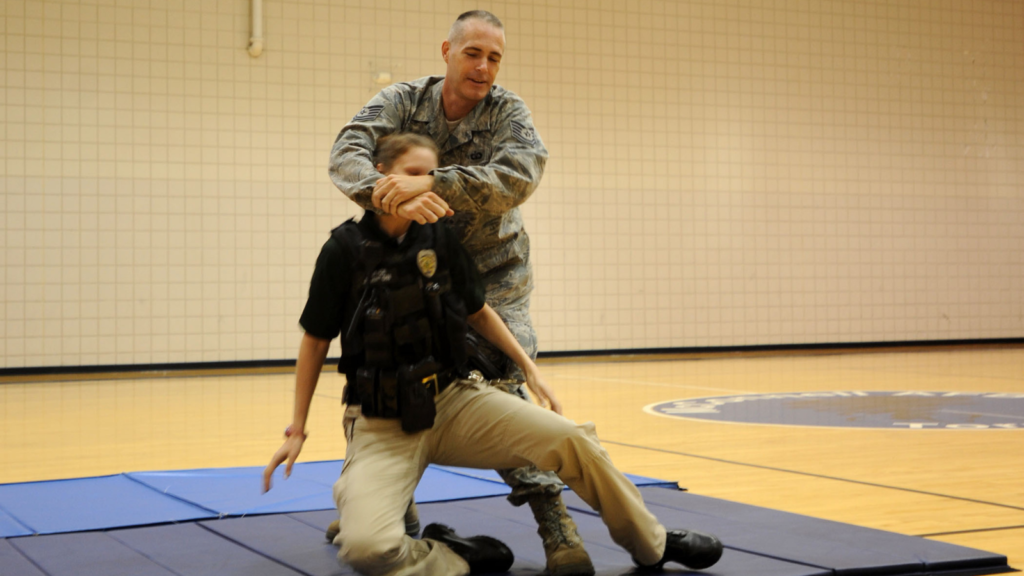
In uncertain times, the ability to protect yourself and others becomes crucial. Communities can thrive safely if they have skilled individuals who could provide security. Learn basic self-defense techniques, how to handle firearms safely, and understand tactical awareness. Knowledge of perimeter security and how to fortify structures is also valuable. Remember, the goal is to avoid conflict whenever possible, but being prepared is essential.
Gunsmithing
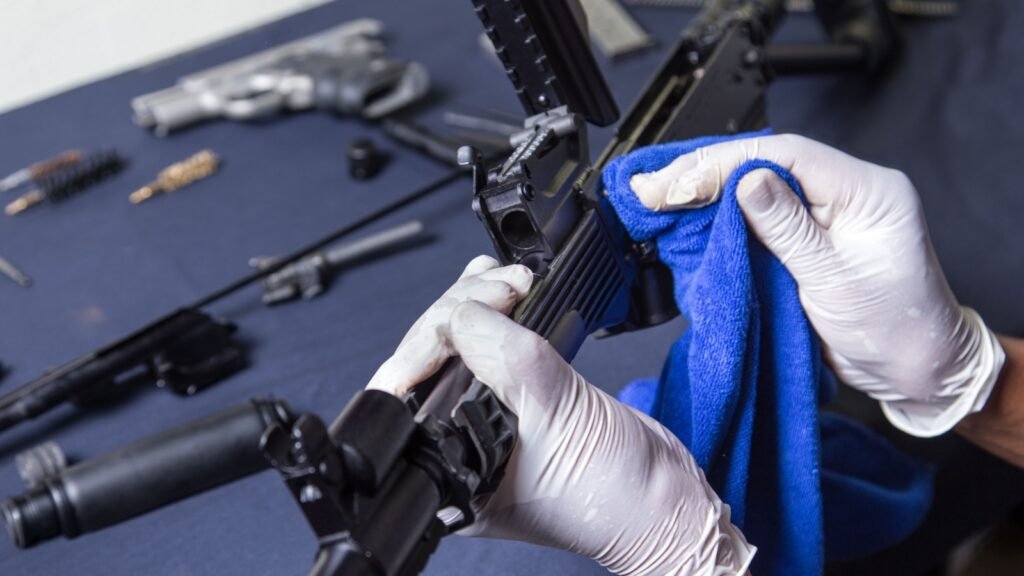
In a world where firearms might be the difference between life and death, knowing how to maintain and repair them is invaluable. I’ve kept old guns functioning long past their prime with this skill. Learn how to clean, repair, and even modify various types of firearms. Understanding how to fabricate simple parts, reload ammunition, and improvise when factory parts aren’t available is crucial. In a post-SHTF scenario, a skilled gunsmith will be sought after for their ability to keep defensive tools operational.
Tradespeople Skills
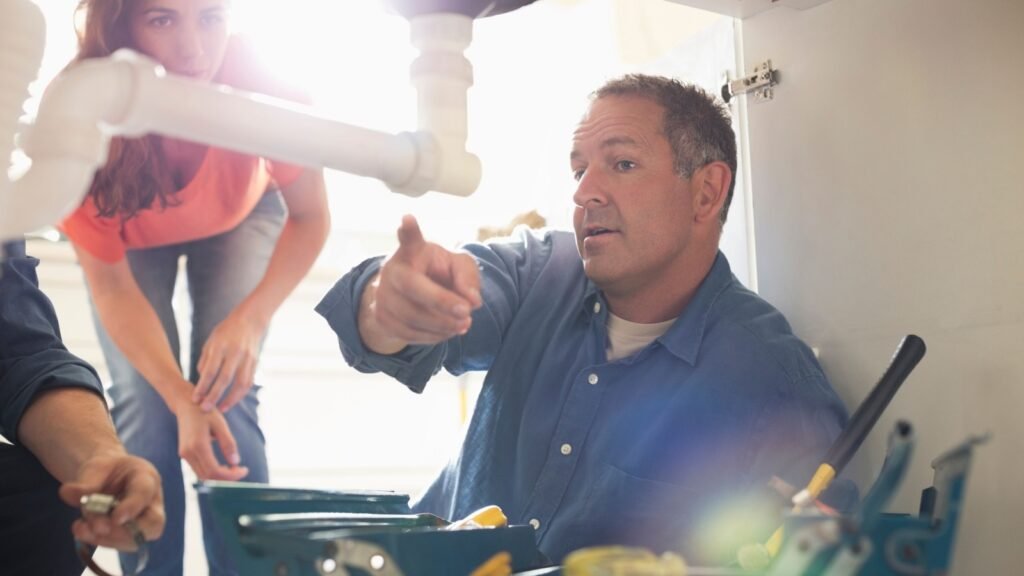
The skills of electricians, plumbers, and HVAC technicians will be worth their weight in gold when systems start to fail. Communities will rally around skilled tradespeople to keep their infrastructure functioning. Learn basic electrical wiring, plumbing repairs, and how to maintain heating and cooling systems. Understanding how to adapt these skills to work with limited resources and alternative energy sources is key. In a long-term crisis, your ability to keep the lights on and the water flowing will make you indispensable.
Communications Expertise
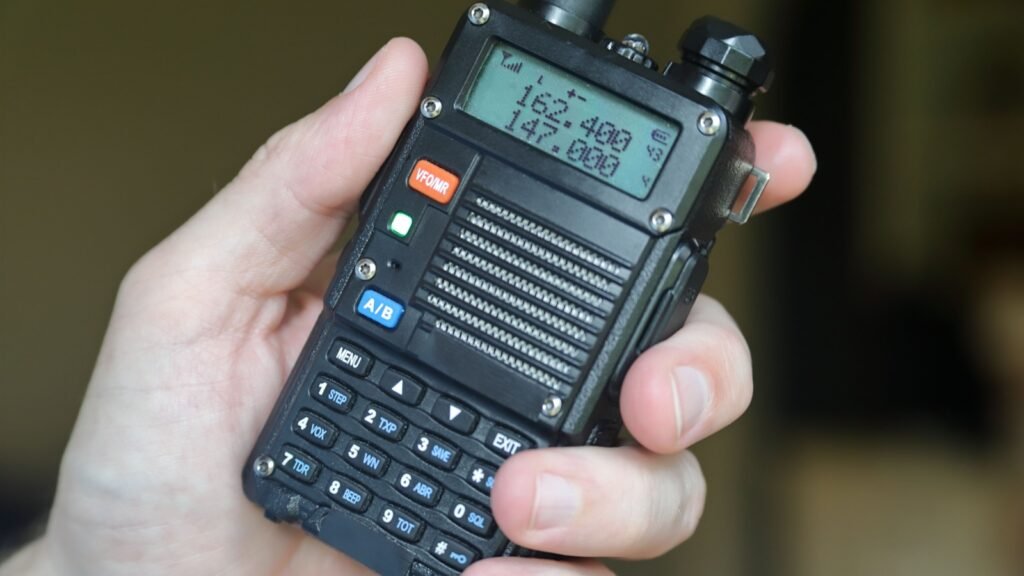
In a world where traditional communication networks might be down, those who can establish and maintain alternative communications will be highly valued. I’ve seen firsthand how crucial good communication is in a crisis. Learn about ham radio operation, how to set up and maintain off-grid power for communication devices, and even older methods like Morse code. Understanding encryption and how to establish secure communication networks can be vital for community safety. In a post-SHTF world, your ability to connect isolated groups could make you a linchpin in rebuilding society.

